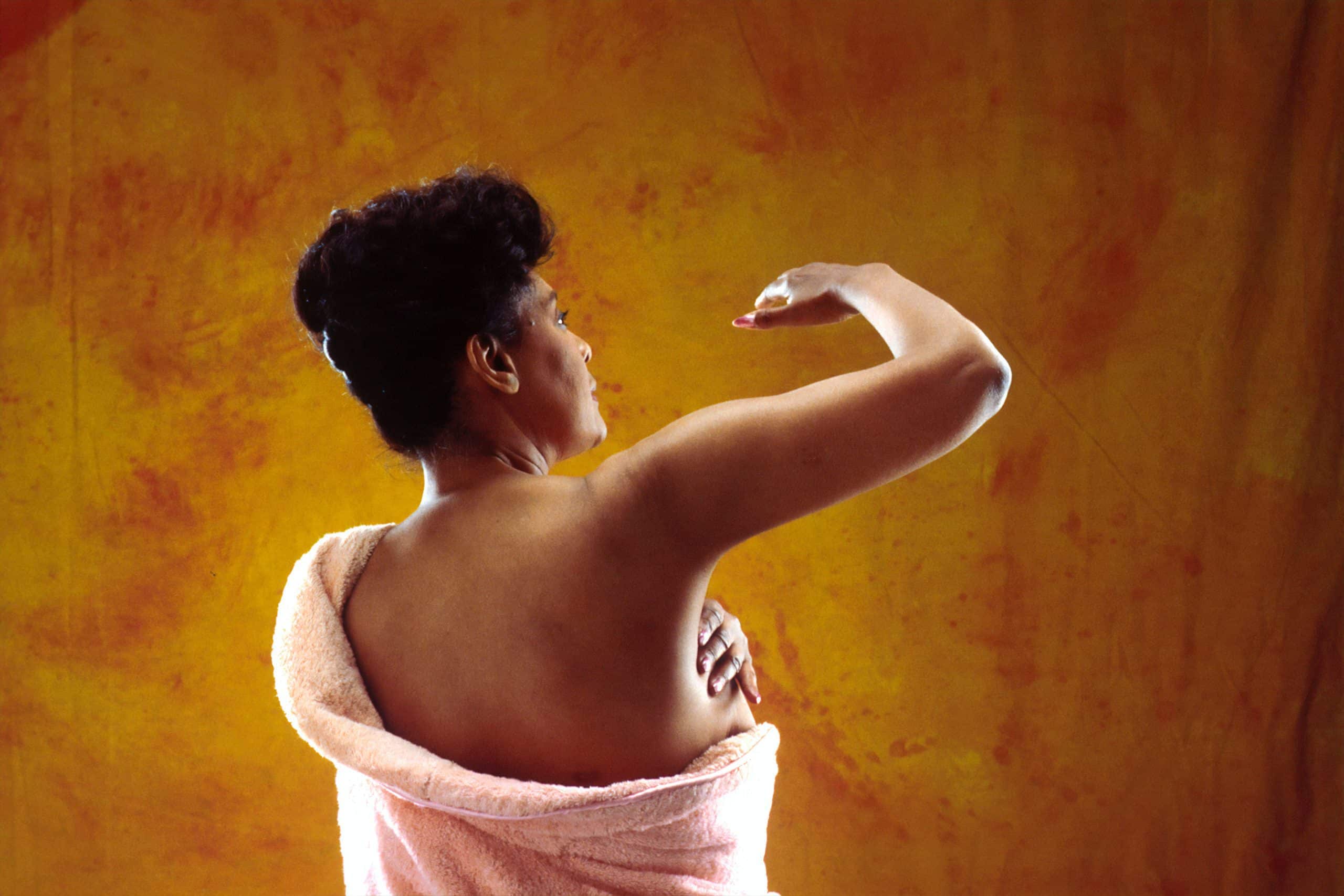October is Breast Cancer Awareness Month when we bring more attention to this devastating disease and raise awareness. Breast cancer affects women and men globally.
For decades, the number of breast cancer cases diagnosed in women and men has increased. More than 215,000 new diagnoses every year. Early detection and diagnosis increase the likelihood of successful treatment.
Self-breast examinations (SBE) must be performed regularly, examining the breast region for any irregularities that may be identified. A Self-Breast Examination (SBE) is essential to breast health.
Early detection is vital so appropriate measures can be taken and investigated further. The importance of early detection is a message that can’t be shared enough.
Clinical Breast Examination
Clinical breast examinations should be a part of every woman’s healthcare routine. At least once a year, women are advised to undergo a breast exam performed by their health care practitioner or specialist.
While self-breast exams encourage women to take a proactive stance on breast health, clinical breast exams conducted by professionals can detect changes in breast tissue, often earlier than what can be found through self-breast examination.
Clinical breast examinations also allow women to discuss any concerns regarding their family history or recent physical changes in their breasts. Women must commit to a regimen of self and clinical breast examinations as recommended by their healthcare providers to identify any risks or changes early.
Family History
Knowledge of breast cancer family history is an invaluable resource for healthcare professionals and individuals. Knowing your breast cancer family history allows medical practitioners to provide more tailored and accurate treatments and early diagnosis of breast cancer.
It also helps individuals know their risk level, which can potentially lead to preventive measures in the form of lifestyle changes or proactive healthcare choices.
Understanding your breast cancer family history is essential in tackling breast cancer, as it leads to more targeted strategies to diagnose, prevent, and treat breast cancer more efficiently.
A family history of breast cancer is crucial in the fight against the disease. Therefore, when personal health information such as breast cancer family history becomes available, it’s essential to use it for the best possible outcome for your health.
Understanding your risk and how to approach your breast health is vital to your physical and emotional well-being, says Cheryl Perkins, M.D., senior clinical advisor for the Komen Foundation.
We must emphasize that everyone should focus on what we can control, not what we can’t. Getting appropriate screening tests and making lifestyle choices are the proper steps toward good breast health.





No, I don’t mind, that will be fine. I would greatly appreciate it. I want to view your blog as well.
I appreciate your interest in quoting our articles and providing credit and sources to our website. We appreciate your consideration and are glad our present information could benefit your visitors. We are generally open to sharing our content as long as it is done respectfully and properly. Please get in touch with us with specific articles or topics you have in mind, and we can discuss further details.